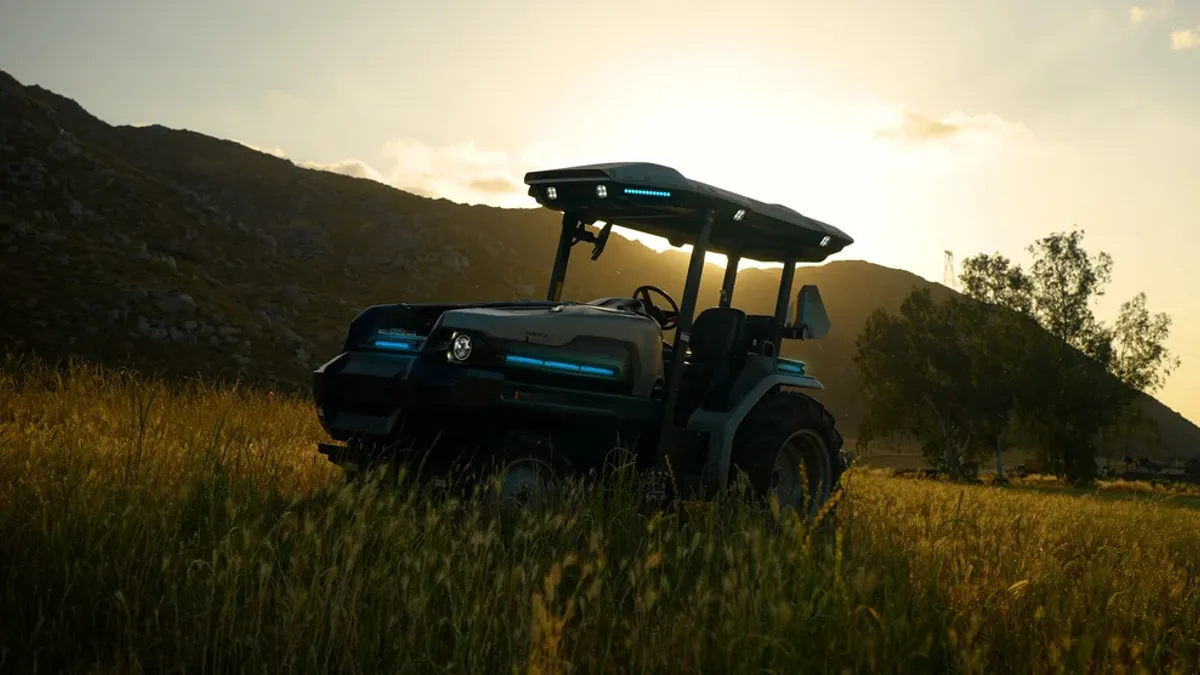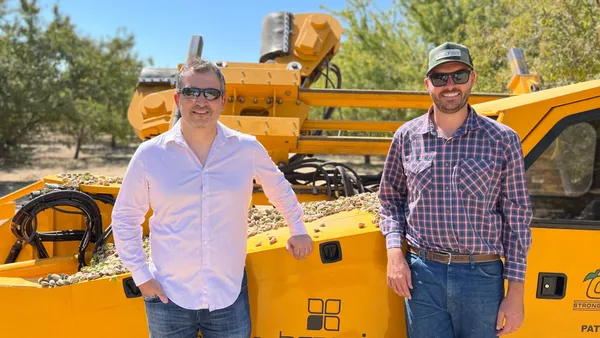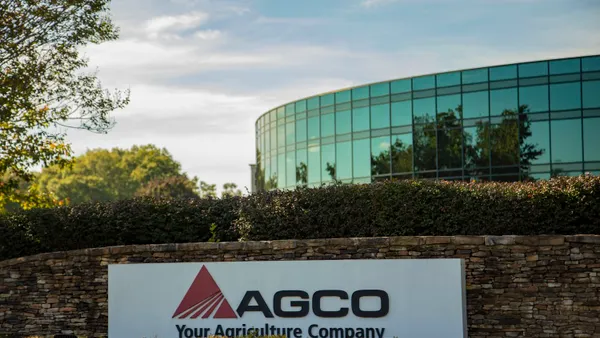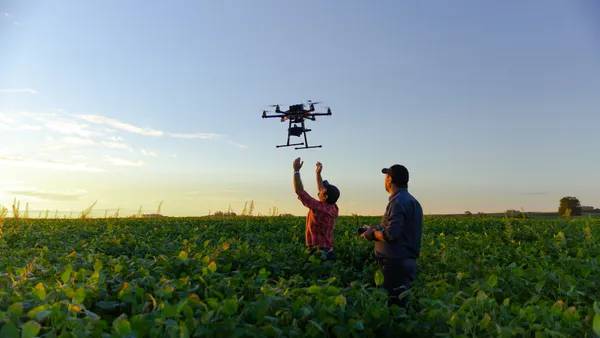Dive Brief:
- Agtech investment could be turning a corner after deal values increased for two consecutive quarters, marking a positive sign for food and farm startups seeking capital for their services and solutions.
- In the third quarter, deal values totaled $1.6 billion, a 15% increase over the previous quarter, according to Pitchbook’s latest Agtech Report. However, the number of deals totaled 159, which is 18% fewer than in the second quarter.
- Alex Frederick, a senior analyst at Pitchbook and one of the report’s authors, told Agriculture Dive that there’s “cautious optimism” as venture capitalists value quality over quantity in their agtech investments.
Dive Insight:
Increasing deal values is a positive sign for startups seeking venture capital as investors become more comfortable giving their money to firms addressing issues around automation, sustainability and carbon removal.
Following a frothy 2021-2022, startup capital largely dried up amid a decline in the agriculture sector and economy more broadly. Investors have tightened their purse strings and looked to invest in other, more profitable sectors.
According to Pitchbook data, agtech deal values slashed to $7.8 billion in 2023 after peaking at $13.9 billion in 2021. That's on track to fall even more this year, with values at $4.3 billion as of Sept. 30.
As startups struggle to raise money, Frederick said venture capitalists are similarly having trouble with their exit strategies and raising subsequent funds, resulting in “zombie” firms that cannot afford to grow their portfolios.
The agtech sector averaged more than 1,000 deals per year from 2021-2023. In the first nine months of 2024, there were only 561 deals, according to the report.
On the bright side, Frederick said, the more successful firms still have funding and the “highest quality startups are receiving a disproportionate amount of capital.”
In the third quarter, growing interest in autonomous robotics and carbon removal solutions received a significant chunk of funding. Over the summer, Monarch Tractor raised $133 million to scale its fully electric, driver-optional smart tractors.
Meanwhile, Eion, a startup that uses enhanced rock weathering to remove carbon from the atmosphere, secured a deal with Microsoft to remove 8,000 tons of emissions over a five-year period.
Additionally, Frederick said biologicals and other agtech solutions that can reduce farmer challenges around labor, farm management and operational costs continue to pique investor interest.
On the other hand, indoor farming remains a challenge for investors. Despite efforts to improve food security in places that are not producing a lot of their own food, Frederick said the sector is struggling to crack the code in terms of sustainable systems. New York City-based Bowery Farming recently closed its doors as it battled sales and operational issues.
“This is a great, great model that could work if some of the conditions are right, but I don't think we're going to see too many more big deals,” he said.











